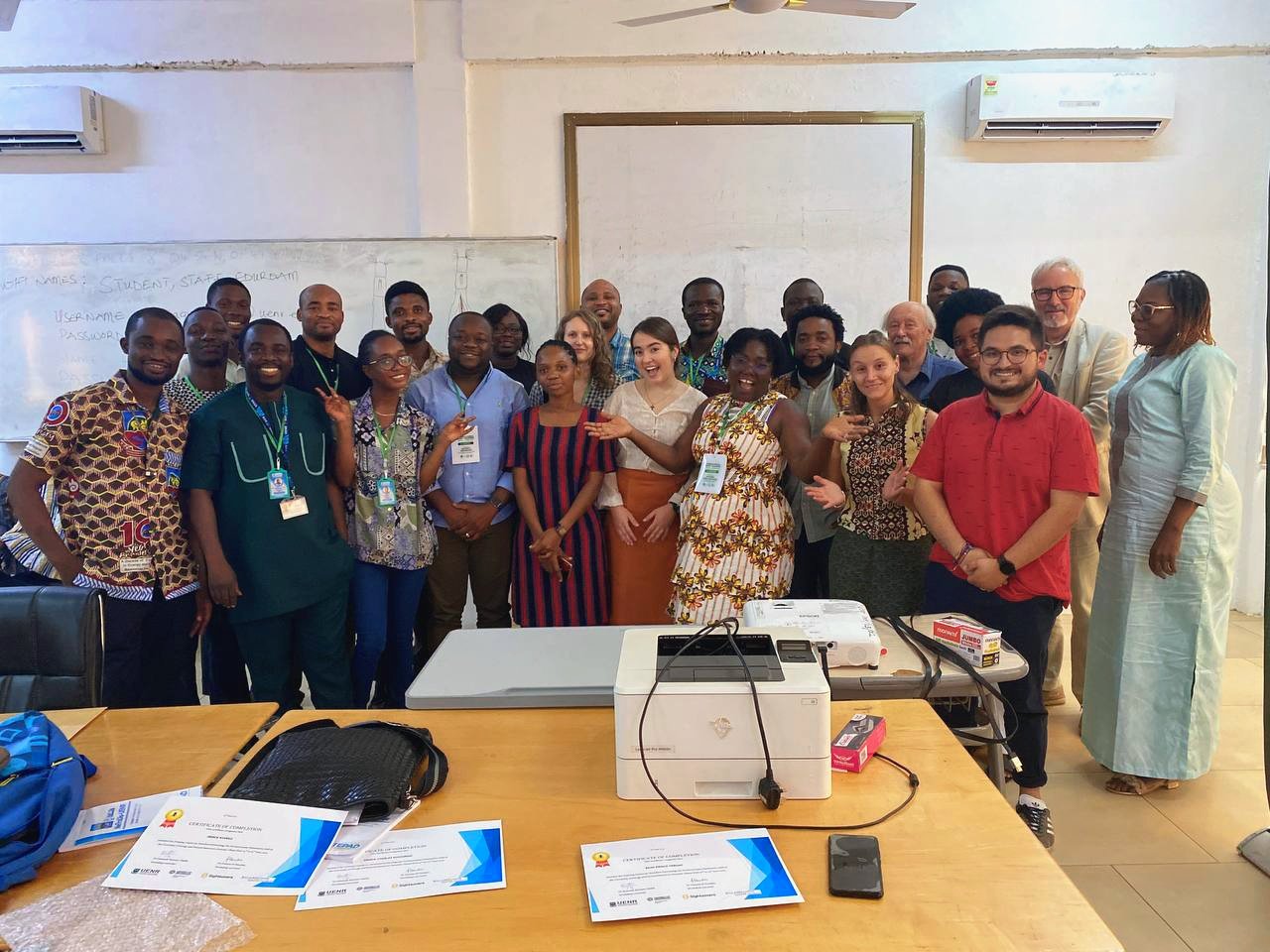
Wound infections caused by multi-drug resistant Gram-negative bacteria pose a significant challenge to healthcare systems worldwide, contributing to increased morbidity, mortality, prolonged hospital stays, and healthcare costs. Gram-negative bacteria, such as Escherichia coli, Klebsiella pneumoniae, Pseudomonas aeruginosa, and Acinetobacter baumannii, are notorious for their ability to develop resistance to multiple antibiotics through various mechanisms, including enzymatic inactivation, efflux pumps, and alterations in target sites.
Berekum Holy Family Hospital, located in the Bono Region of Ghana, serves as a crucial healthcare facility catering to the medical needs of the local population. Like many healthcare settings globally, it faces the challenge of managing infections, particularly those caused by multi-drug resistant pathogens.
Wound infections are among the most common healthcare-associated infections, especially in hospital settings where patients undergo surgical procedures or have open wounds. Multi-drug resistant Gram-negative bacteria are frequently implicated in these infections, complicating treatment and posing a threat to patient outcomes.
Understanding the prevalence and antimicrobial resistance patterns of Gram-negative bacteria causing wound infections in Berekum Holy Family Hospital is essential for effective infection control and antimicrobial stewardship efforts. By characterizing the epidemiology of these pathogens and their resistance profiles, healthcare providers can make informed decisions regarding empirical antibiotic therapy, implement targeted infection prevention measures, and optimize treatment strategies to improve patient outcomes.
Furthermore, identifying risk factors associated with the acquisition of multi-drug resistant Gram-negative wound infections in the hospital setting can inform interventions aimed at reducing transmission and mitigating the spread of antimicrobial resistance.
Given the public health implications of multi-drug resistant Gram-negative bacteria in wound infections, particularly in healthcare settings with limited resources, this study aims to assess the prevalence, antimicrobial susceptibility patterns, and associated risk factors of these pathogens in patients presenting with wound infections at Berekum Holy Family Hospital. The findings of this study will contribute to the development of evidence-based strategies for the management and control of multi-drug resistant bacterial infections in the hospital and enhance the overall quality of patient care.






















